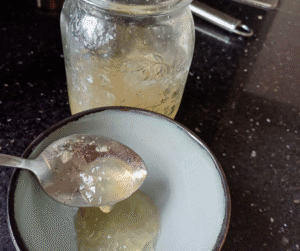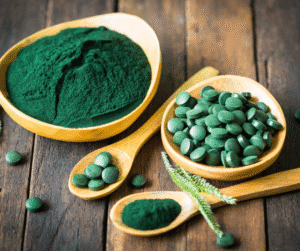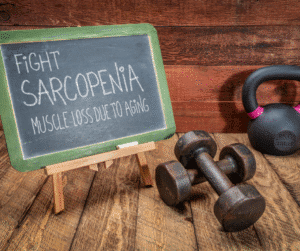Increased Urinary Frequency After Water Intake: A Clinical Indicator of Muscle Mass Loss in Aging Adults

Have you ever noticed that you need to rush to the bathroom soon after drinking just two glasses of water? While it might seem normal, for older adults, this simple observation could reveal something important about your health, specifically, the health of your muscles.
As a naturopathic expert, I often stress the importance of looking out for subtle signals from the body that can help us catch problems early. Let’s break down why frequent urination after drinking water could be a sign to check for muscle loss, also known as sarcopenia.
Why Muscle Mass Matters for Hydration
Most people think of muscles as just something we use to move, lift, and exercise. But did you know that your muscles are your body’s main water reservoir? In fact, in healthy adults—especially as we age—muscles hold about 76% water and make up nearly half our body weight. That’s a lot!
As we grow older, muscle mass naturally declines due to aging, sometimes accelerated by factors like inactivity, poor diet, or certain health conditions. When this happens, our ability to store water inside our muscles drops. That means if you drink water, your body can’t hold onto it as easily, so it sends it out quickly, as urine.
The Aging Body and Water Balance
Aging brings specific changes that affect how we handle water:
Less thirst: Older adults tend to feel less thirsty, even when their body needs hydration.
Kidneys lose efficiency: The ability to concentrate urine drops off, so more water escapes.
Faster water turnover: Water isn’t kept inside cells and muscles the way it once was.
This combination leads to a situation where even modest amounts of water, like two glasses, pass right through you. If you consistently have to go to the bathroom within two hours of drinking water, your body could be signaling reduced muscle mass.
It’s a Cycle: Dehydration and Muscle Loss
It’s not just about needing to pee more often, there’s a deeper cycle at play:
Muscle loss means less water is stored in the body.
Lower retention the body can’t hold water for long, so you become mildly dehydrated.
Dehydration then increases the breakdown of muscle tissue.
More muscle loss and the cycle continues.
Why Is This Important?
Detecting muscle loss early is critical, especially for seniors. Muscle isn’t only about strength, healthy muscle keeps you hydrated, helps balance blood sugar, and supports metabolism.
By noticing how quickly you urinate after drinking water, you can catch early signs of muscle decline before major symptoms, like weakness or frailty, set in.
Simple Ways to Support Muscle and Hydration
If you realize you’re peeing quickly after drinking, here’s what you can do:
Focus on regular gentle resistance exercise. Even light weights or elastic bands can help build or maintain muscle.
Eat enough high-quality protein, lentils, eggs, fish, tofu.
Drink water consistently throughout the day (don’t binge all at once).
Check with your healthcare provider about screening for muscle mass, especially if you have other risk factors like chronic illness, low activity, or unintentional weight loss.
When To Seek Advice
Of course, frequent urination can have many causes, diabetes, bladder issues, medications, or infections. If you notice this pattern regularly, especially paired with fatigue or muscle weakness, talk to your doctor or naturopath for a comprehensive checkup.
Takeaway
Your muscles do more than you ever realized, including storing most of your body’s water! By paying attention to bathroom trips just after drinking, you may spot early signs of muscle loss, a change that can often be helped with simple, natural lifestyle tweaks.
Healthy aging isn’t just about what you feel, it’s about noticing the hidden signals your body sends. Need to pee quickly after drinking water? Your muscles might be telling you something. Listen, and take action for better strength, hydration, and quality of life as you age.







